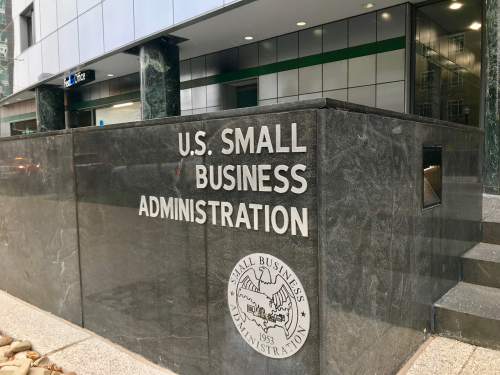U.S. Rep. Blaine Luetkemeyer (R-MO) recently introduced legislation that seeks to improve programs at the Small Business Administration (SBA).

“America’s small businesses are overdue for the necessary support they deserve. The SBA needs to be revamped to best support our entrepreneurs through pro-growth policies and the removal of burdensome red tape. The IMPROVE the SBA Act will do just that,” said Rep. Luetkemeyer, ranking member of the House Small Business Committee.
The congressman introduced the Improve Management, Programs, Resources, and Oversight for Vital Entrepreneurs (IMPROVE) the SBA Act, H.R. 7628, on April 28 along with all Republican members of the House Committee on Small Business. According to Luetkemeyer, the bill provides much-needed accountability and oversight over the SBA, enhances private sector lending, empowers entrepreneurs through counseling, and supports small businesses in federal contracting.
“Due to the pandemic, the Small Business Administration has been given an oversized role in the management of emergency relief programs. Through oversight, we have discovered the SBA is fraught with fraud, delays, and mismanagement. We have also seen the SBA shift away from its core mission of serving small businesses to instead advancing the current administration’s political agenda,” Rep. Luetkemeyer said.
The bill has garnered the support of several organizations, including the Small Business and Entrepreneurship Council (SBE), the Job Creators Network, and the Independent Community Bankers of America (ICBA).
“ICBA and the nation’s community banks thank Ranking Member Luetkemeyer for introducing the IMPROVE the SBA Act,” said Paul Merski, group executive vice president, congressional relations & strategy for ICBA. “Title II specifically would prohibit a potential SBA direct 7(a) Loan program and bring key reforms to the SBA disaster lending programs. Direct lending is a poor and costly alternative to private-sector lending and would reach fewer borrowers. Today, there is a strong network of community banks, Community Development Financial Institutions, and other lenders already in place to meet demand for small business borrowers.”